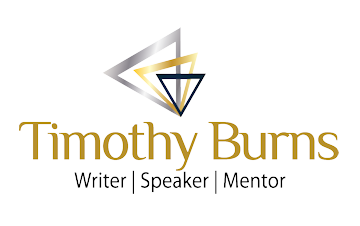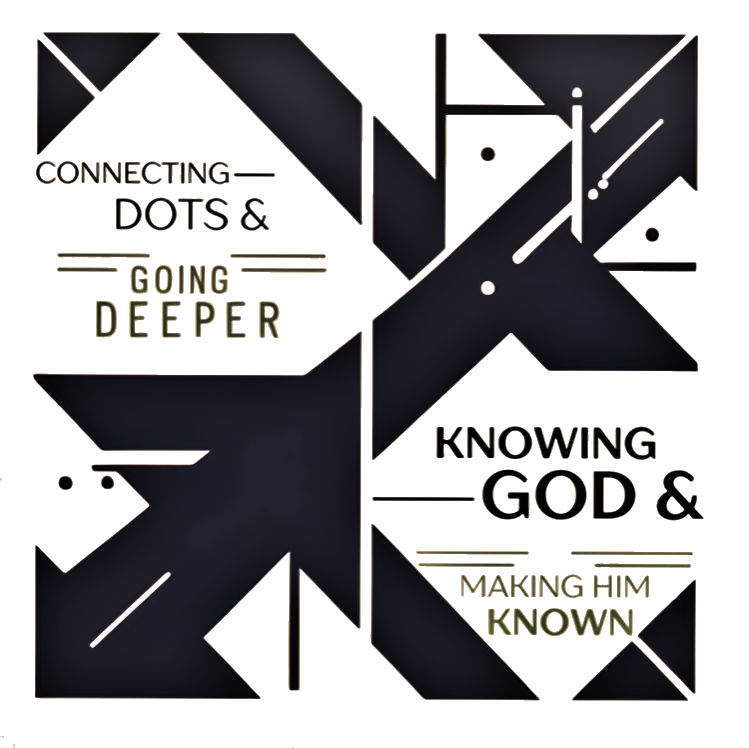(This is part two in a series on the importance of editors for today’s authors from editor Susan Malone)
So where does that leave you, the writer in need of a manuscript editor? Adrift in a sea of editors and editing services, that’s where. This has been a consistent thread in many of the writing forums I visit, and almost everybody out there is, well, confused. So let’s sift through what’s out there and then see what fits your needs.
First off, a lot of editing services, groups, and websites offer manuscript evaluations or critique services. In this level, you’ll receive a (hopefully) thorough reading of your work and an analysis of its strengths and weaknesses. Which then leaves you with the “how to fix it” question
The vast majority—those who have been writing and getting critiqued and rejected—still need direction. We all know the stories of Maxwell Perkins and his stable of writers, of relationships with Hemingway and Marjorie Rawlings, et al. Where do you find that today?
This is where developmental editing comes into play. This person will go through your book with a fine-tooth comb, attending to all of the problems and also letting you know what’s working, so you don’t reinvent the wheel. What shines clear in our minds as writers sometimes doesn’t translate to the page, and your editor should point out these glitches. He’ll write between the lines, in the margins, and give longer examples on the back of pages. All of the elements of novel development will come into play. For example, are the characters realized? If not, why? Not only does this sort of editor address all of that, she also then goes much deeper into why the problem is a problem, with suggestions of how to fix it, when to do so, and specifically where. Plotting and characterization cannot be divorced, so how the hero moves through the plot points gets hard attention. A developmental editor must attend to both the forest and the trees, simultaneously.
One of the most vital aspects of working with such an editor is the “after care.” Upon receiving your edit and critique, you’ll have questions. It’s imperative that the editor be available to walk you through any revisions, to answer questions, to bat about ideas, and to generally help guide you along. You need someone to bounce off of as you go—a writing coach—and this has “made” more authors than any single element of which I know. Writing well isn’t learned in a vacuum!
The copy edit, of course, is the very last step in the process—save it for that.
Learning this craft, and being published and/or selling like hotcakes with e-books, is a team effort. John Donne was really writing about us when he said that no man is an island. Of course, being a poet, he would know!
Thank you to Susan Malone for these guest blog posts. Award-winning writer and editor Susan Mary Malone is the author of the novels, I Just Came Here to Dance and By the Book, as well as four co-authored nonfiction books, including What’s Wrong with My Family?, and many published short stories. A freelance book editor, forty-plus Malone-edited books have now sold to Traditional publishers. You can contact Susan here: www.maloneeditorial.com


Find | Follow | Friend Tim